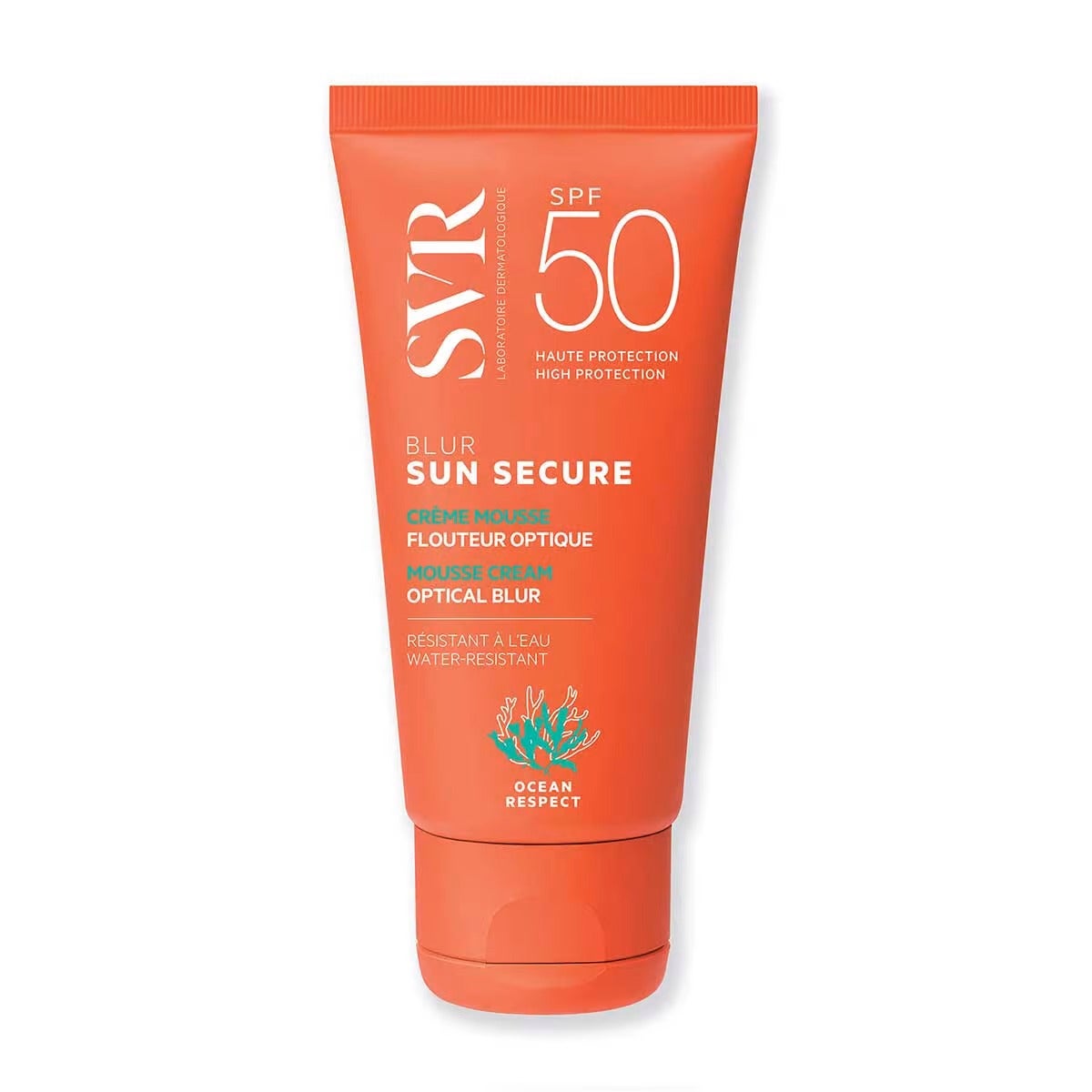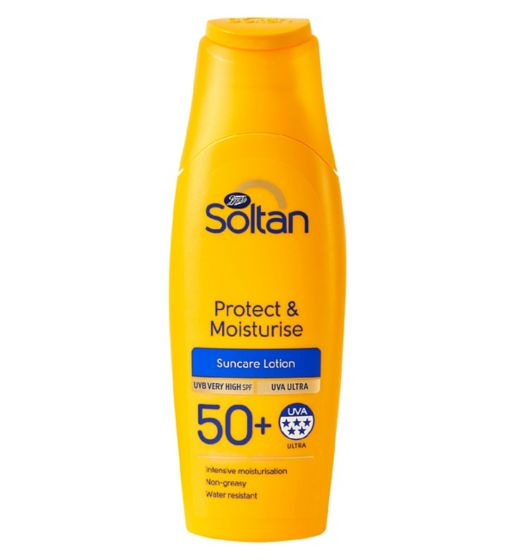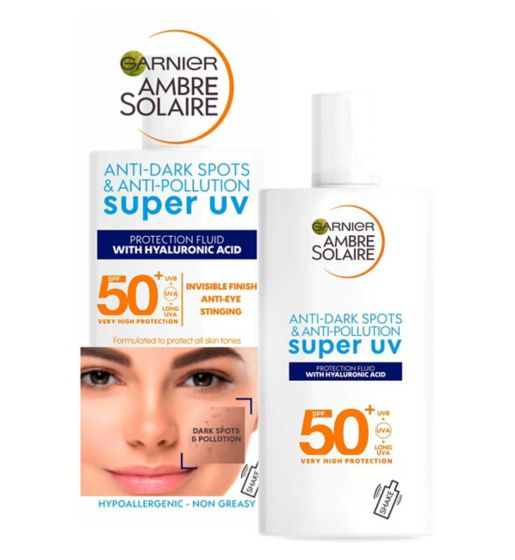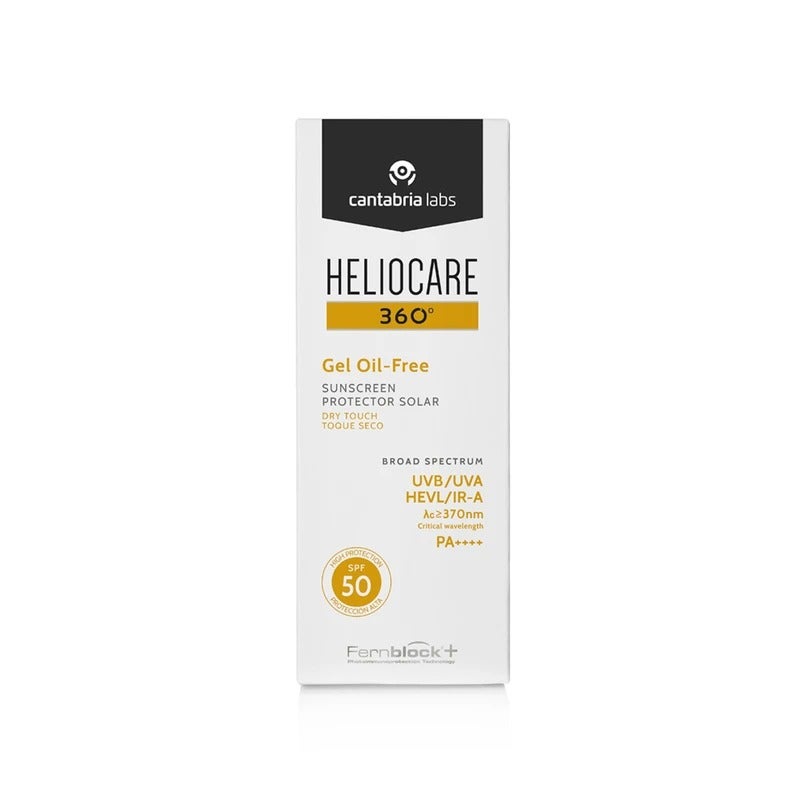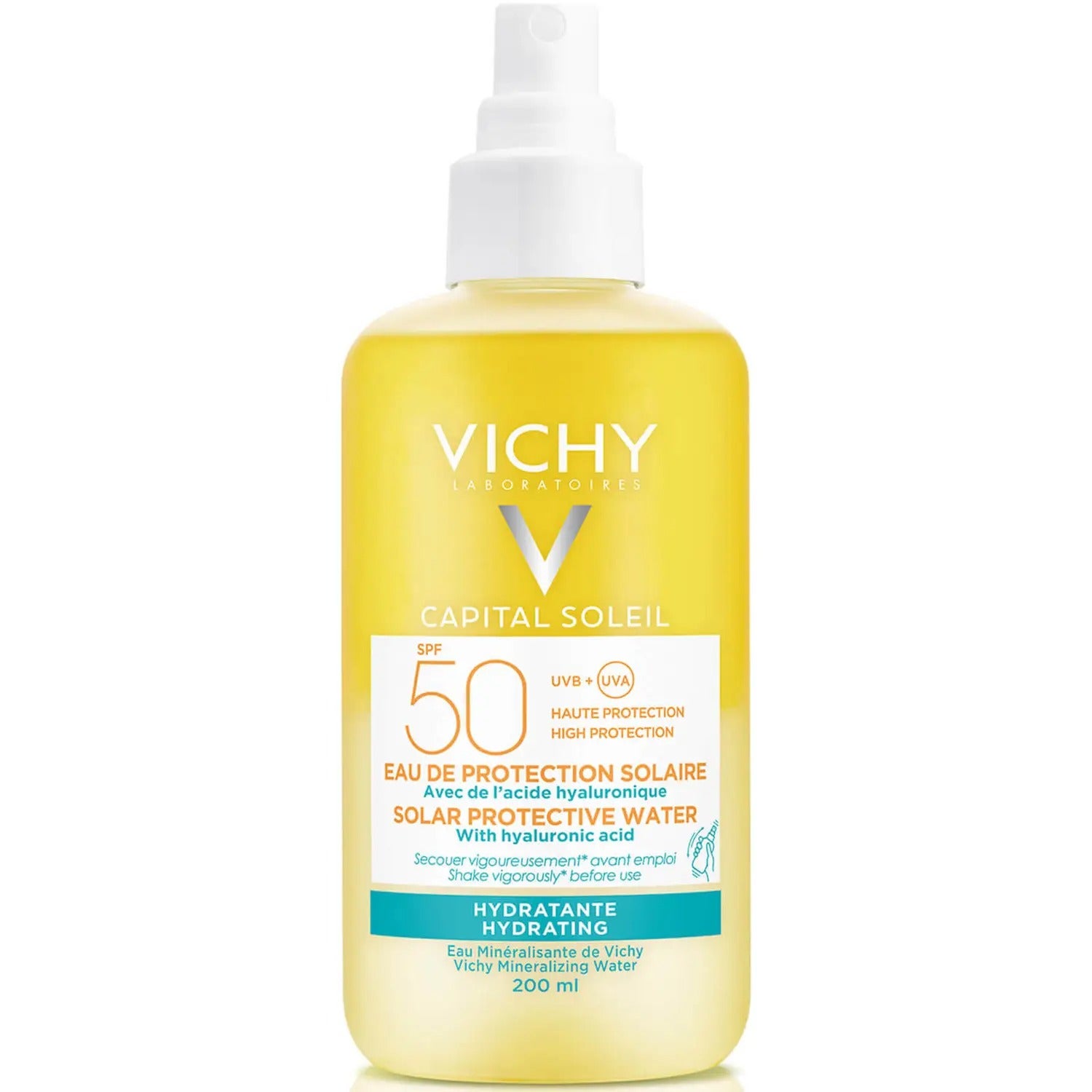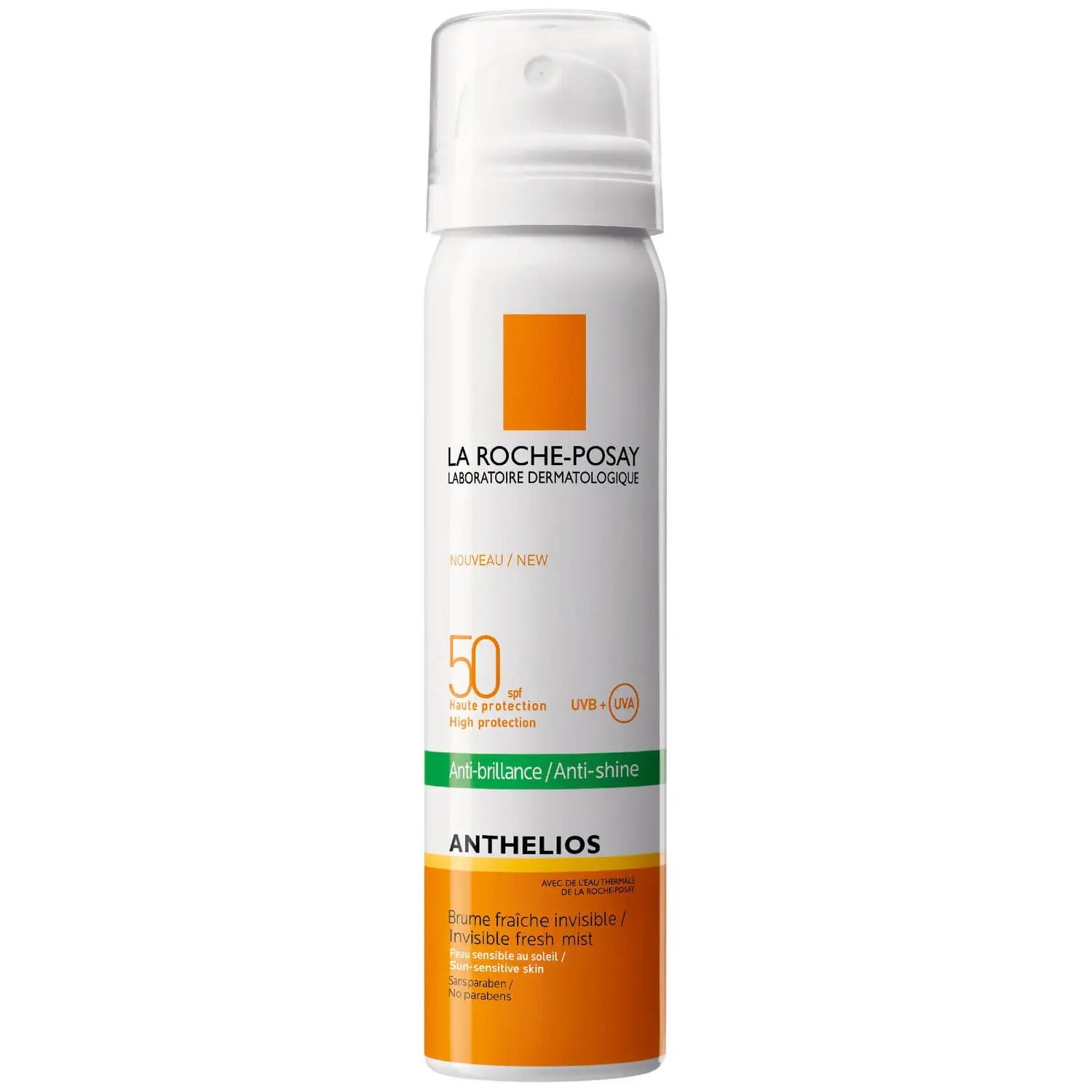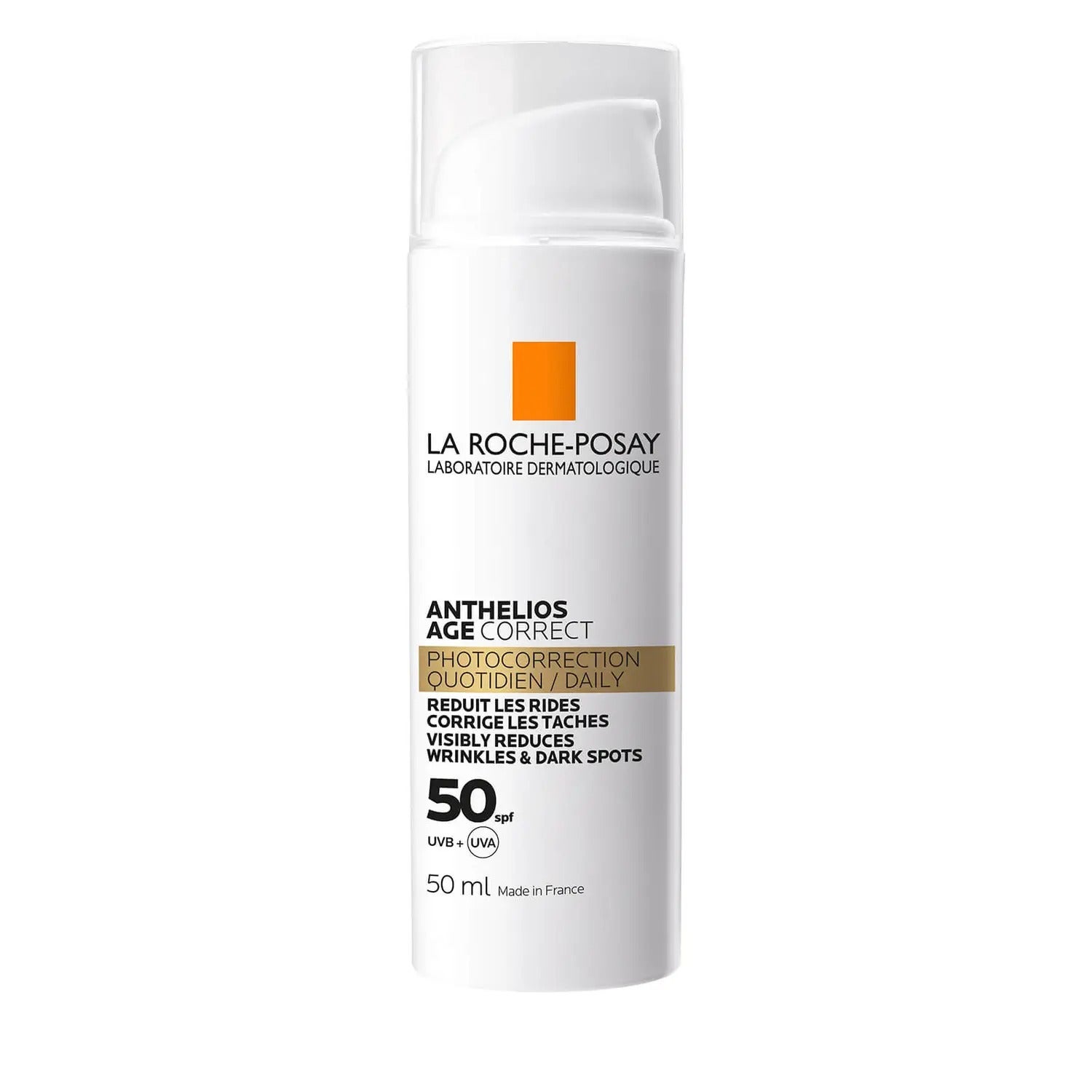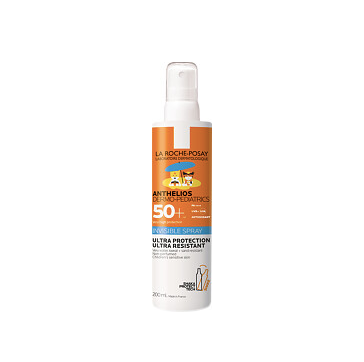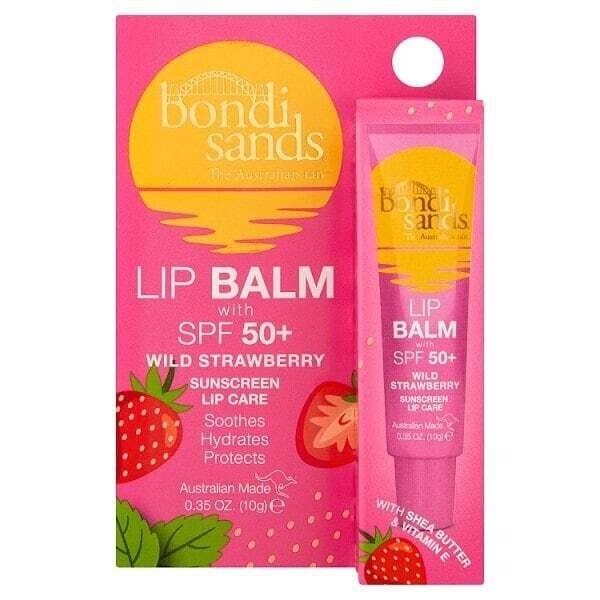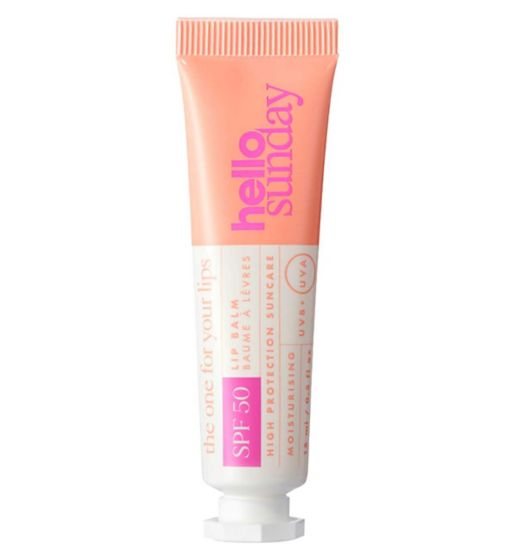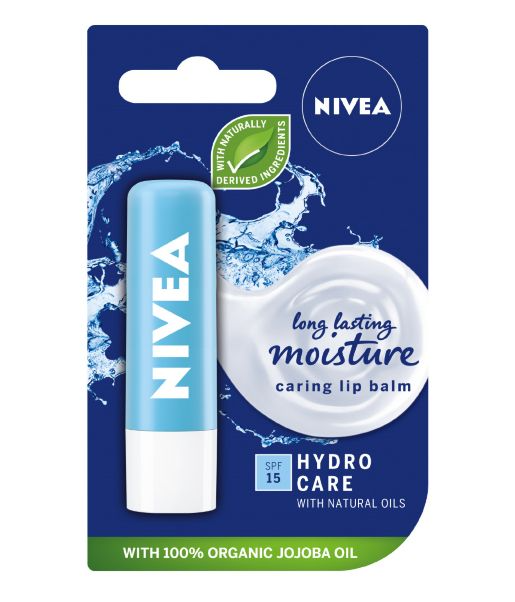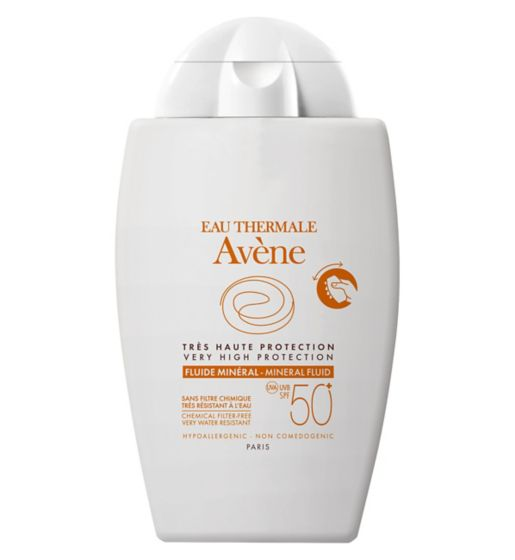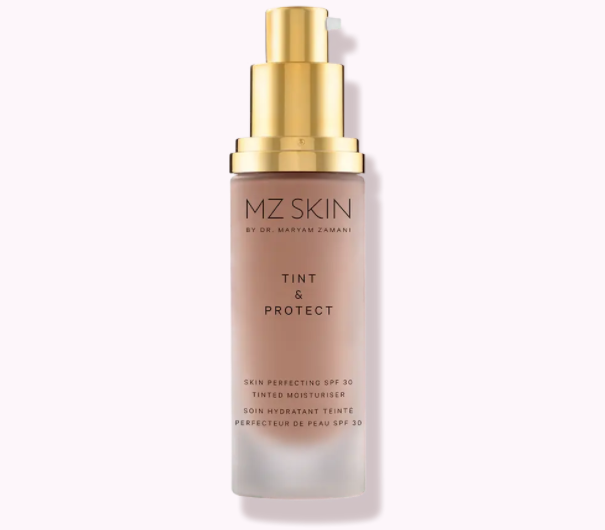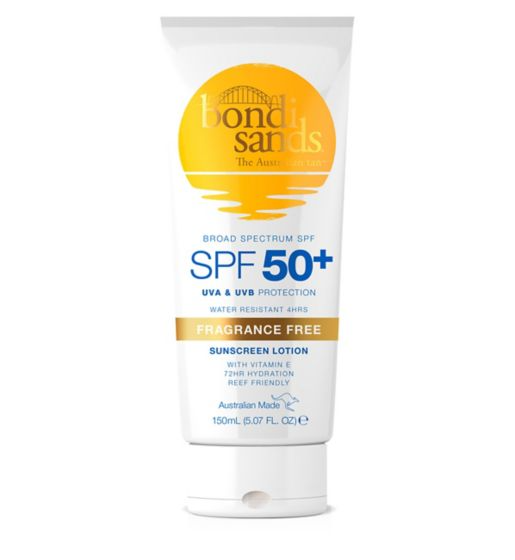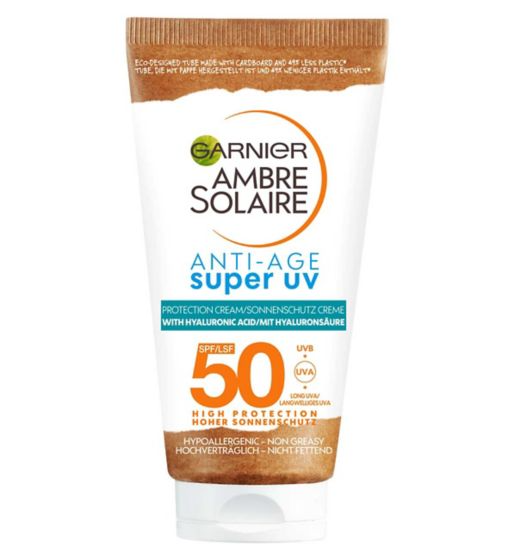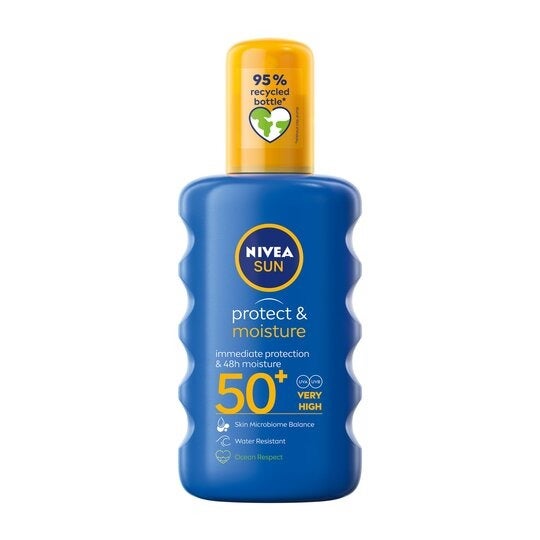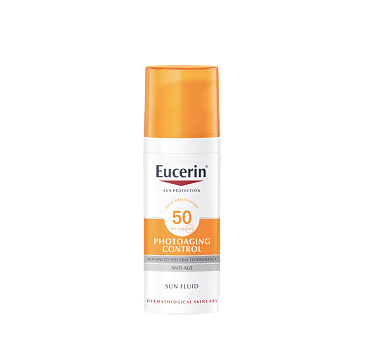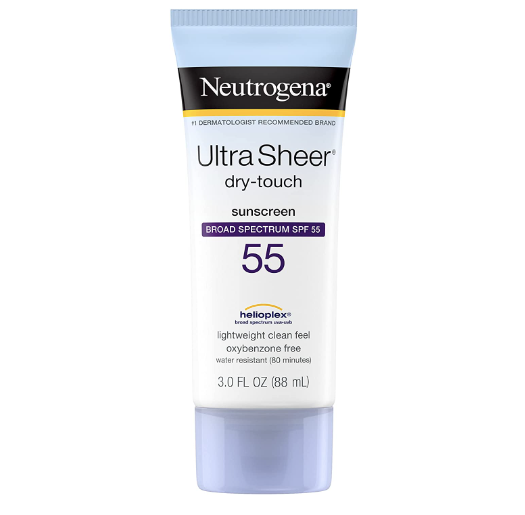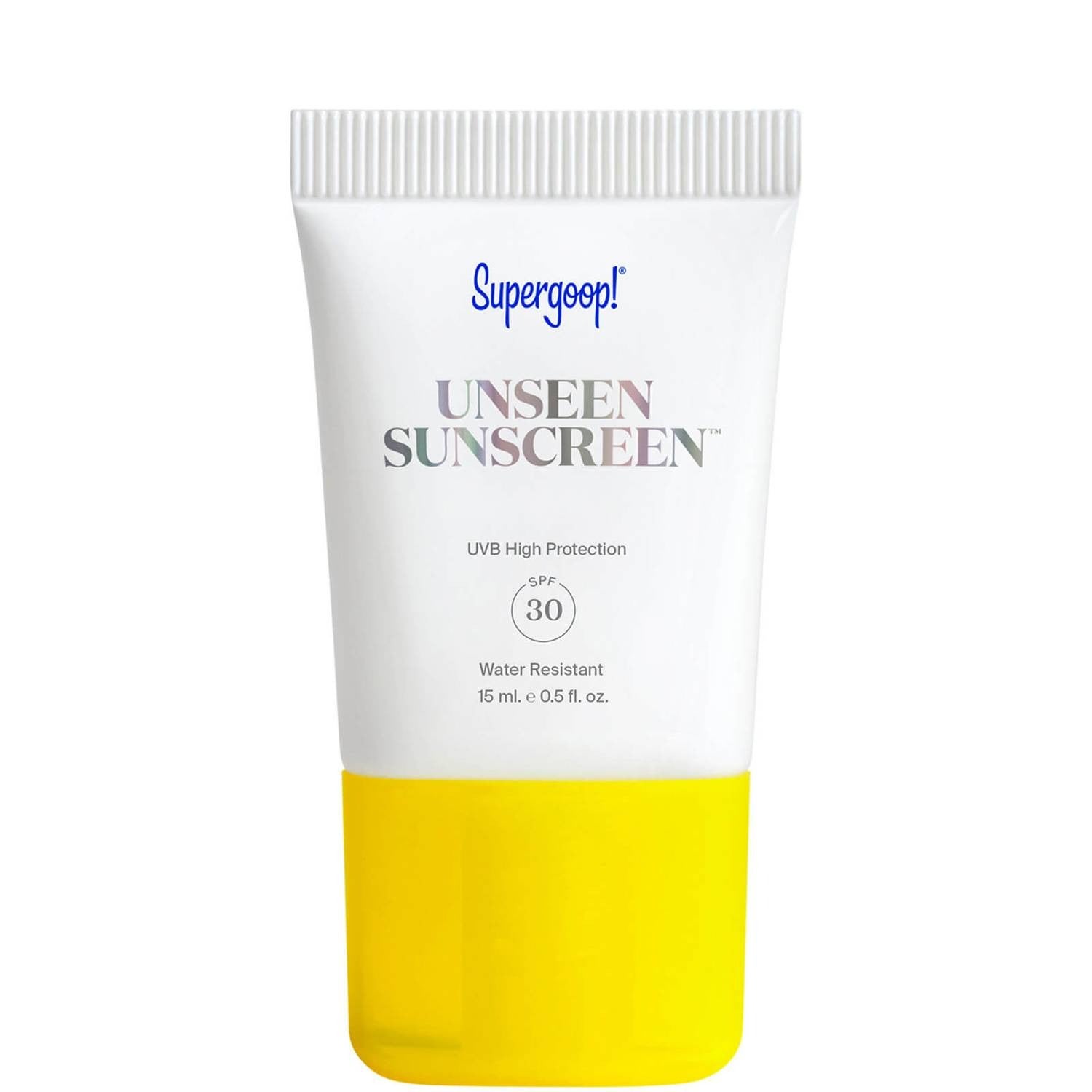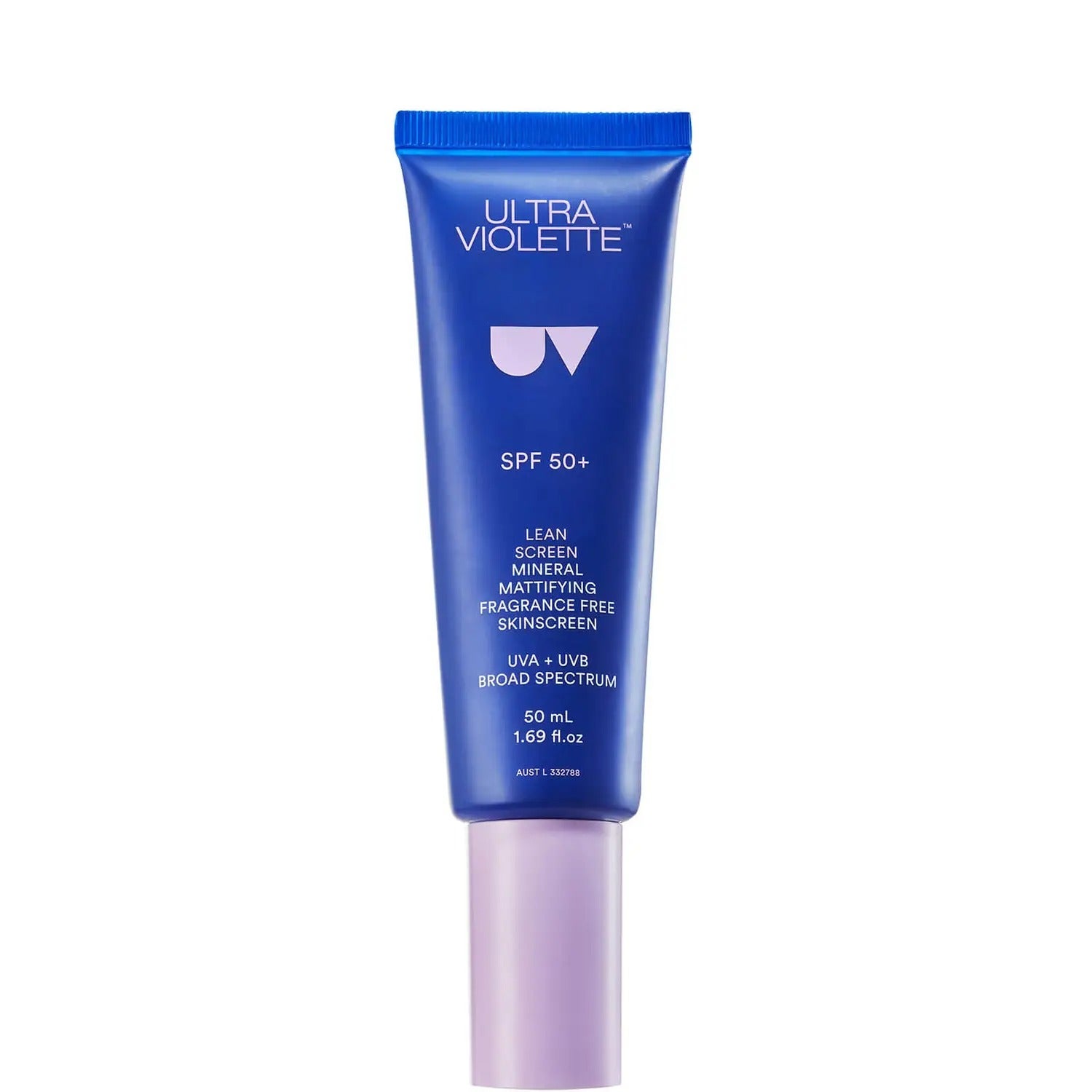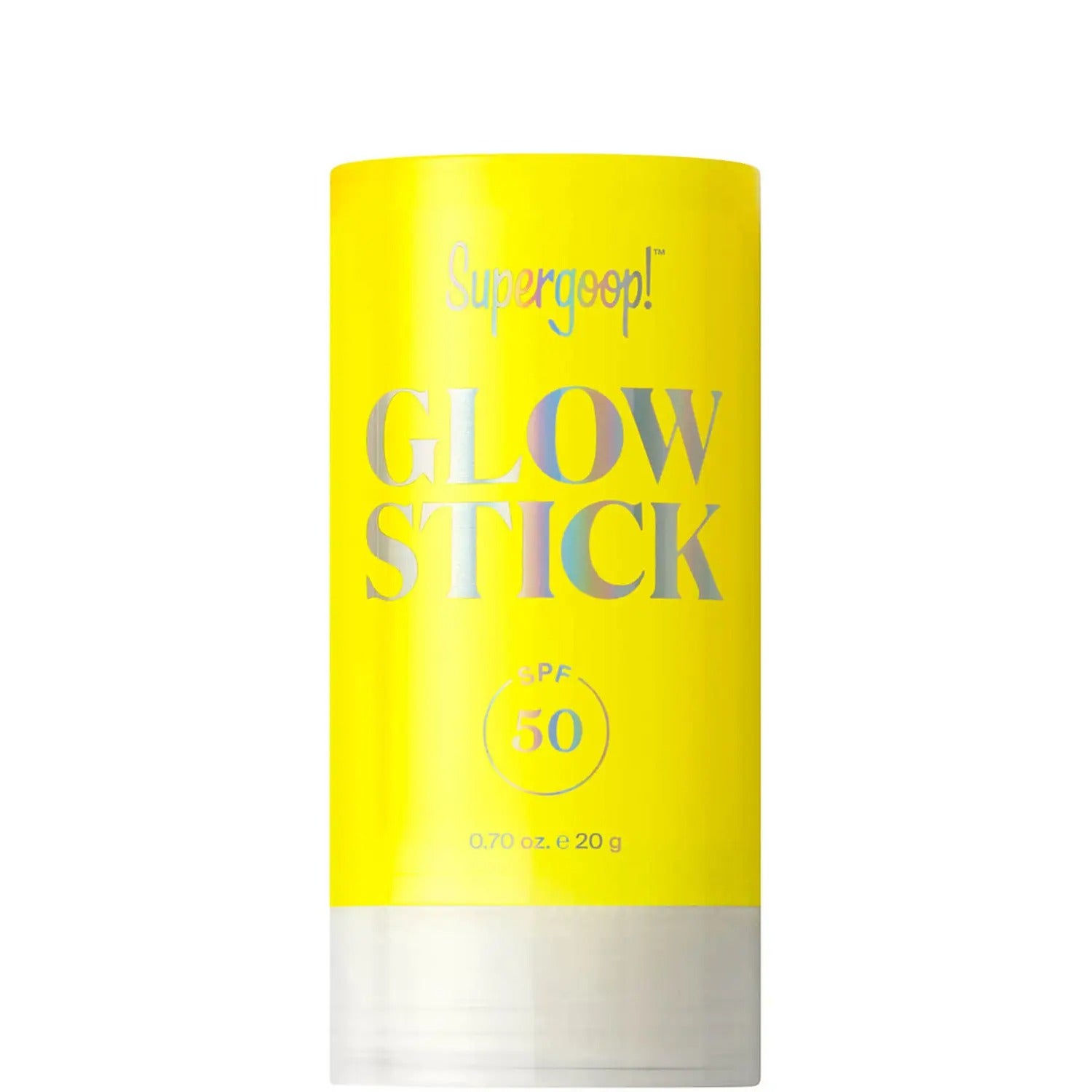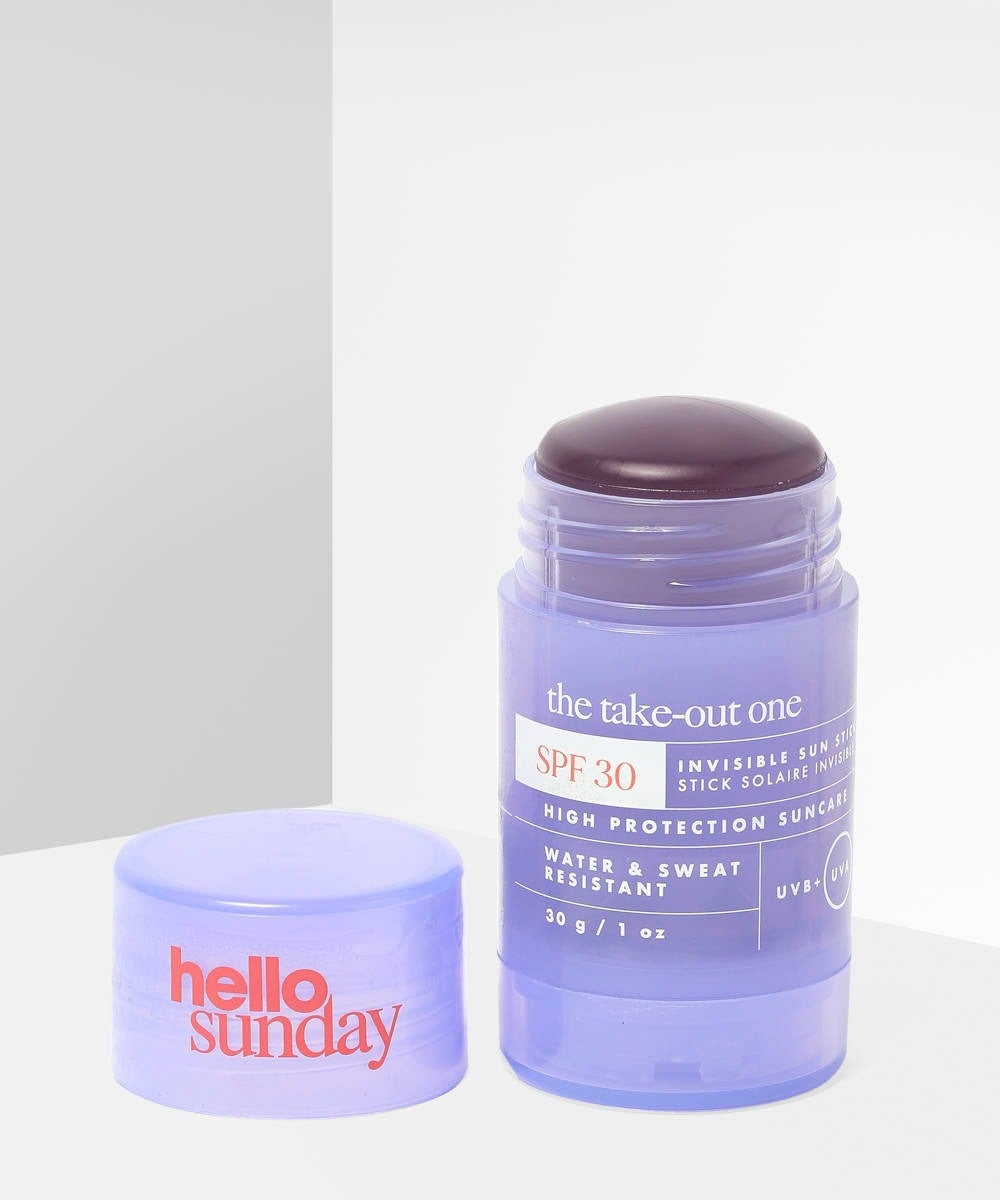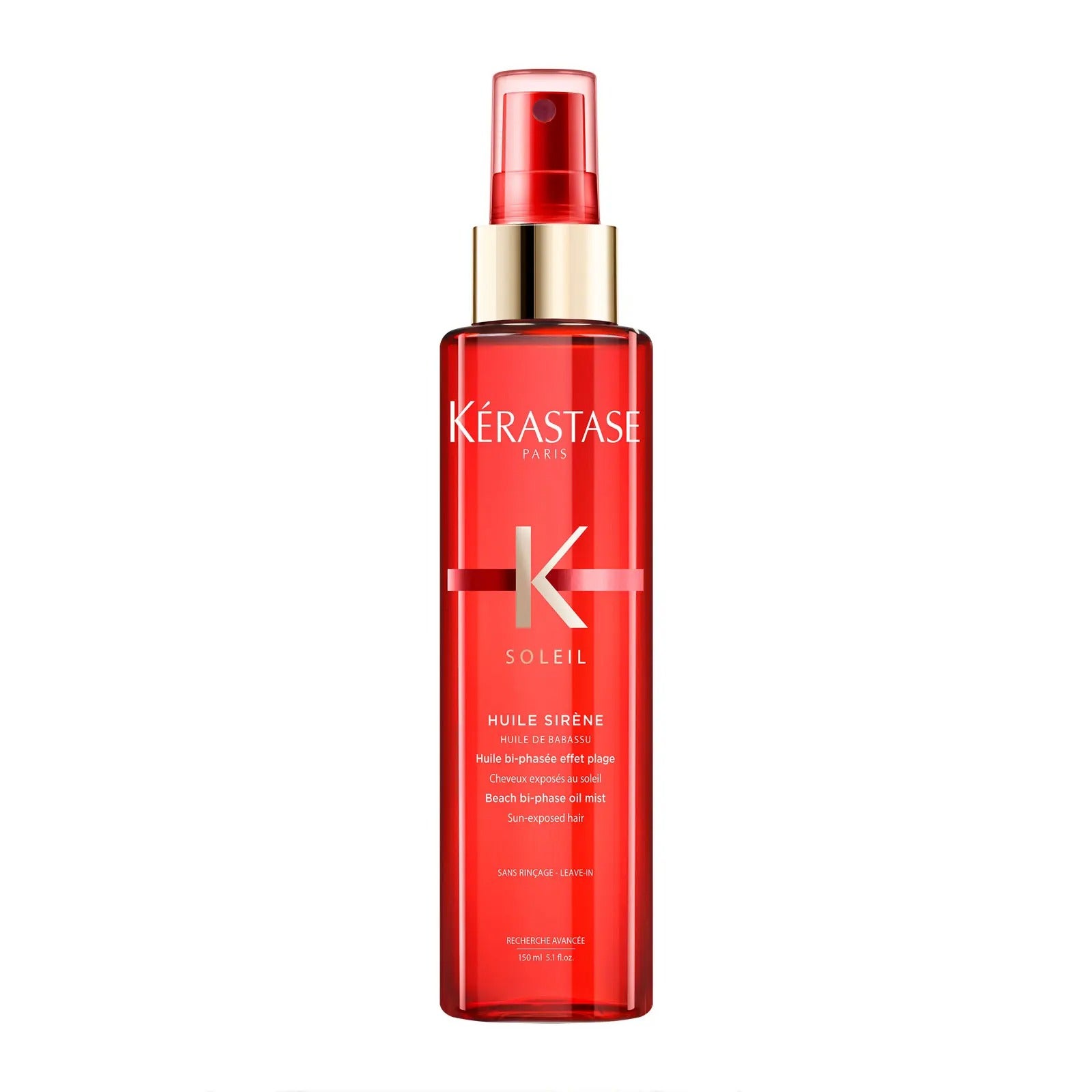Top Dermatologists Answer All Your Questions About Sunscreen
Photographed by Meg O'Donnell.
Regardless of whether you use exfoliating acids or retinol in your skincare routine, wearing sunscreen during the day – and all year round, including in the winter – is a must.
When the sun is shining (and even when it's not), the UV rays emitted have the ability to cause irreversible damage to skin. UVB rays are responsible for sunburn and skin cancer, while UVA rays cause things like fine lines, wrinkles and pigmentation. As well as covering up or avoiding the sun, sunscreen provides a shield against both forms of harmful rays. But while many of us are now coming round to the notion that it's important to apply sunscreen daily, there are many unanswered questions.
AdvertisementADVERTISEMENT
For instance, should you apply sunscreen before or after moisturiser? And is sunscreen in makeup ever enough protection? Ahead, Dr Emma Wedgeworth, consultant dermatologist and British Skin Foundation spokesperson, and Dr Firas Al-Niaimi, dermatologist and Group Medical Director of Sk:n, solve the most common sunscreen queries.
What’s the difference between mineral and chemical sunscreen?
"Chemical sunscreens work like a sponge, absorbing UV light so that it doesn't cause damage to the skin cells," explains Dr Wedgeworth. "Mineral sunscreens (which are currently zinc oxide and titanium dioxide) absorb but also reflect light off the skin."
It all comes down to personal preference when deciding which of the two works best for you. Those with darker skin tones may find that chemical variations will leave behind less of a white cast than mineral types, but there are many suitable mineral sunscreens out there, too.
shop 5 products
Should you reapply sunscreen throughout the day? If so, when — and how much?
Reapplying sunscreen all depends on what you are doing, according to Dr Wedgeworth. "If you are out and about and in direct sunlight, you should be reapplying sunscreen every 2-3 hours. We generally advise about a teaspoon amount for the face and the neck. If you are sitting in an office all day, I generally just advise once per day."
What does each SPF factor number mean?
15, 25, 30, 50... Wherever you shop sunscreen, there will always be a number following 'SPF' on each label, but what exactly is this an indication of?
AdvertisementADVERTISEMENT
"SPF or 'sun protection factor' tells us how much longer we can stay out in the sun without burning, compared to our natural protection," says Dr Wedgeworth. "However, the SPF is calculated in laboratory conditions, so it relies on the fact that we put on about 30ml per application and that we reapply regularly." And as Dr Wedgeworth mentioned, it's especially important to reapply sunscreen if you're spending prolonged time in the sun.
shop 6 products
What does 'broad spectrum' mean?
You should also see the phrase 'broad spectrum' on the label of any good bottle of sunscreen and it's just as important as the SPF number, if not more so. "A broad spectrum sunscreen protects against both UVB and UVA," explains Dr Wedgeworth. Rays that come from the sun fall into a number of different wavelengths. The SPF on the bottle mainly gives us information about UVB, which is the wavelength of light which causes burning and is responsible for skin cancers. We know that other wavelengths of light, particularly UVA, are detrimental to the skin, causing ageing and wrinkling."
Other wavelengths like infrared and visible light are also being studied.
Should you apply sunscreen before or after moisturiser and makeup?
We've established that applying SPF in the morning is a must, regardless of how lengthy your morning routine currently is, but where it features in that routine is especially important. "You should always apply sunscreen after moisturiser," explains Dr Wedgeworth. "It should be the last step in your skincare routine, just before you put your makeup on."
AdvertisementADVERTISEMENT
This instantly maximises your protection against the sun. If you have very oily or acne-prone skin, some experts suggest ditching moisturiser and just applying sunscreen, as most formulas are already suspended in a moisturising base.
Sunscreen can be worn under makeup. Apply it generously onto your skin and wait a few minutes before going in with any foundation, concealer or powder. Giving the SPF a moment to absorb properly will ensure you're not disrupting it.
Does sunscreen stop you from tanning?
A sun-kissed glow is proof you’ve been away somewhere great, but it's actually a lot more than that. A tan is the body's attempt to slow damage caused by UV radiation, explains Dr Anna Chacon, dermatology advisor at Favor. "When your skin is exposed to UV radiation, it protects itself by producing more melanin, causing your skin to appear darker. Most sunscreens will reduce tanning, but won’t stop tanning 100%." Dr Chacon advises that on top of sunscreen, other precautions like seeking out shade or wearing protective clothing should be taken to fully protect your skin in the sun.
Should you put sunscreen on your lips? Does SPF lip balm work?
A survey by EOS revealed that 52% of women think about applying SPF to their lips, with 23% saying they don’t feel it’s necessary. This couldn't be further from the truth, according to Dr Al-Niaimi.
"Some parts of the body are more prone to skin cancers, such as the lips, simply because the skin is thin and they get long-term exposure to sun. It is important to apply an SPF to protect them from UV rays. The sun also completely dries skin (especially lips) out, so moisturising after exposure will give your skin the hydration it needs to repair itself. As well as making sure your lips are protected, it’s also really important to use suncream on a daily basis, even when it’s cloudy."
AdvertisementADVERTISEMENT
SPF lip balm (and other lip products with SPF) are the easiest way to protect your lips from the effects of the sun, says Dr Chacon. She recommends reapplying diligently after eating or drinking.
R29 rates the Hello Sunday The One For Your Lips Lipbalm SPF 50, £5, and the Bondi Sands Spf 50+ Lip Balm Strawberry, £4.99, for top ups throughout the day. SPF protects, while shea butter moisturises deeply.
Is the sunscreen in makeup or moisturiser enough protection against the sun?
Moisturiser and makeup containing SPF may sound smart, but the the simple answer is no, according to Dr Wedgeworth. "We know that you need to apply about 5ml of product to get the required SPF on the bottle and this is much more than most people would use as foundation or moisturiser. In addition, the sunscreens added to makeup may not be the best broad spectrum cover." That said, Dr Wedgeworth recommends a well-formulated tinted sunscreen. "This can be a great base as well as having dedicated SPF technology," adds Dr Wedgeworth.
Is SPF factor 30 just as strong as factor 50?
"No," according to Dr Wedgeworth, who recommends going for the highest SPF possible. "We know that there may not be huge differences in protection between factor 30 and 50, but this is based on studies under laboratory conditions. Given that we know that most of us don't apply enough or reapply often enough, I think using the highest protection possible is important."
AdvertisementADVERTISEMENT
Is there such a thing as an ‘all-day’ sunscreen?
As convenient as an 'all-day' sunscreen sounds, says Dr Chacon, even the strongest of sunscreens (even SPF 100) should be reapplied throughout the day. "Best practice is to apply sunscreen 30 minutes before venturing outside, which allows the product to bind to your skin," says Dr Chacon. She explains that sunscreen will break down and wear off even without vigorous activity (for example sweating or swimming). So, topping up at least every two hours throughout the day is a must to protect your skin against burns and skin cancer. She advises that sunscreen should be immediately reapplied after swimming or excessive sweating.
Research found that chemicals in sunscreen can be absorbed into the blood stream. Is this true?
We've established that when it comes to chemicals (and according to the experts, everything is fundamentally a chemical, including water), it's the dose that makes the poison. Dr Wedgeworth agrees. "I think on balance, sunscreen is very positive and safe. It is unlikely that most of us use enough sunscreen for it to be absorbed into our blood stream." And the positives outweigh any potential negatives. "We know from a number of different studies that sunscreen usage reduces the risk of skin cancer," she explains.
Do people with darker skin need to wear sunscreen? Can you get away with a lower factor?
Generally speaking, everyone should use sunscreen with an SPF of 30 or higher, recommends Dr Chacon. "People with darker skin have more melanin to absorb harmful UV rays, but that doesn't mean dark skin is immune to damage caused by the sun," says Dr Chacon. While those with lighter skin are more likely to experience sun damage, darker skin is also susceptible to sunburn, sun damage in the form of wrinkles and sun spots, as well as skin cancer. Here are 10 of the best sunscreens for darker skin.
AdvertisementADVERTISEMENT
What’s the best way to apply sunscreen to make sure everything is evenly covered?
According to the pros, measurements matter and applying sunscreen too thinly could be dangerous. "A teaspoon amount for the face and a 30ml shot glass for the body is ample," says Dr Wedgeworth. "Apply this systematically to each segment of your body and get into your own routine so that you ensure you don't miss any areas."
Blotting your skin using a paper towel immediately after applying sunscreen could lift off some of the product you've just applied. Instead, opt for a matte sunscreen, rather than something dewy. Try the Supergoop! Unseen Sunscreen, £15, the Ultra Violette Lean Screen Mineral Mattifying Fragrance Free Sunscreen SPF50, £34, or the Neutrogena Ultra Sheer Dry-Touch Sunblock Lotion SPF55, £13.94.
Should you apply sunscreen on your scalp or inside your hair parting?
Dr Chacon says that applying SPF to any exposed skin on your head, including your scalp and hairline is important if you’re spending time in the sun. "The top of the head is extremely vulnerable to direct UV radiation and should be treated with the same care as any other part of the body," says Dr Chacon. Liquid sunscreen can be messy, so keep drips to a minimum and opt for a stick version, like the Supergoop! Glow Stick SPF 50, £22, or Hello Sunday’s The Take-Out One Invisible Sun Stick SPF 30, £15.
AdvertisementADVERTISEMENT
Just like skin, hair is easily damaged by UV rays and heat from the sun, too, says Dr Chacon. "Constant exposure to the sun will damage hair follicles and dry out hair of all types," she explains. "You may find sunscreen for the face and body too greasy or oily for your comfort, so special hair sprays with SPF are a great alternative." Try the L'Oréal Professionnel Serie Expert Solar Sublime UV Filter Spray, £16, which protects hair against UV and the drying effects of both the sea and chlorinated water. R29 also likes the Kérastase Soleil Huile Sirene Treatment, £22, which is lightweight but nourishing and shields hair from UV.
Is sunscreen that helps you tan a con?
There has been a lot of talk about sunscreen which contains DHA, with some experts arguing that combining the two reduces the efficacy of the SPF. Dr Wedgeworth adds: "I think the problem with fake tan containing sunscreens is that it can be messy and impractical, particularly in direct sunlight. It may be okay if you are using your daily SPF product in the morning on a small area, but for the whole body, I don't recommend this."
What is the best stain-free sunscreen?
Sunscreen contains UV filters, and typically, the higher the filter, the more likely it is to stain your clothes. Cue dubious yellow patches all over your favourite summer fits. It pays to wait for your sunscreen to absorb properly into the skin before pulling on any clothes, but you might like the Eucerin Photoaging Control Sun Fluid SPF50, £20, which helps minimise the look of stains after washing.
Refinery29's selection is purely editorial and independently chosen – we only feature items we love! As part of our business model we do work with affiliates; if you directly purchase something from a link on this article, we may earn a small amount of commission. Transparency is important to us at Refinery29, if you have any questions please reach out to us.
AdvertisementADVERTISEMENT







